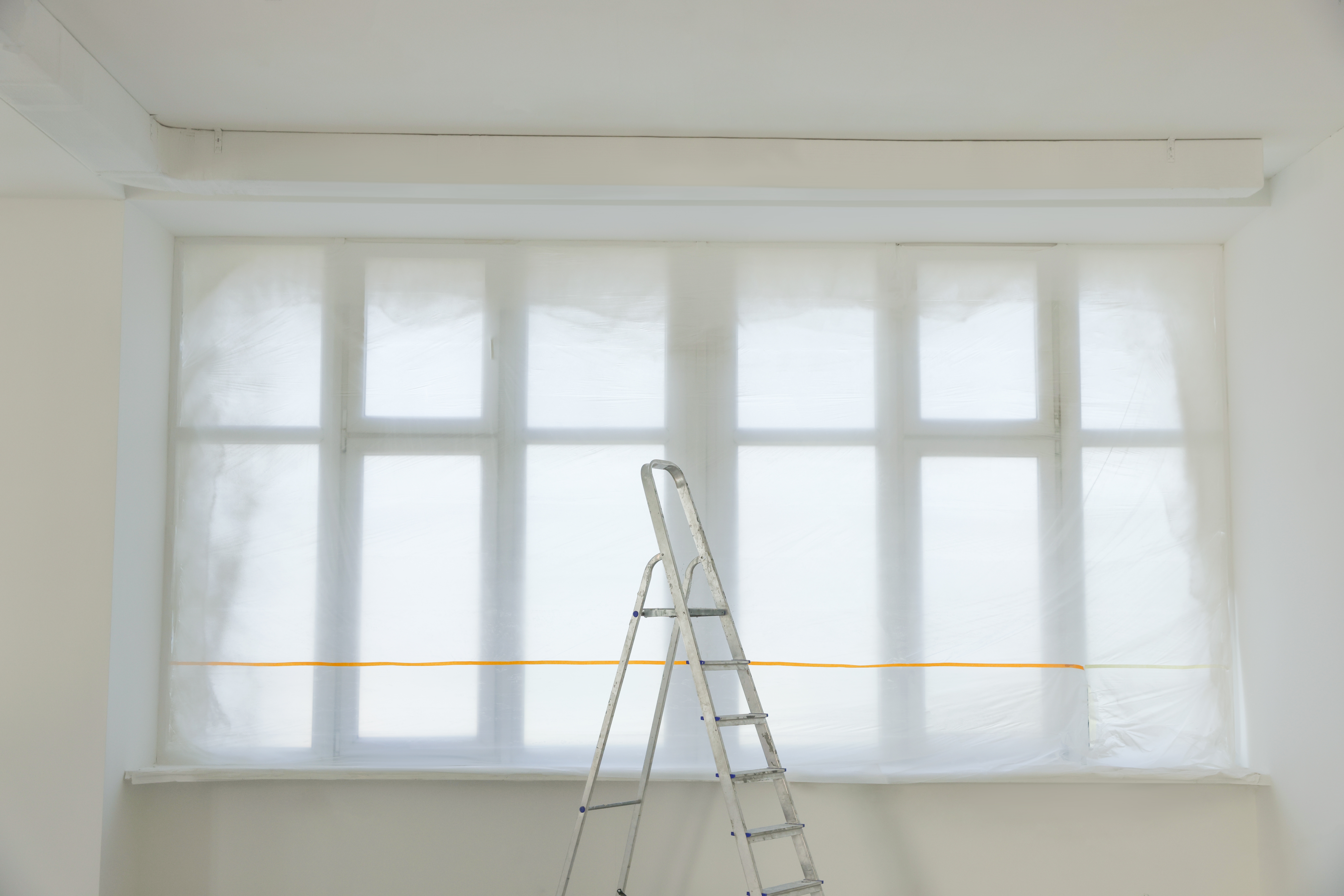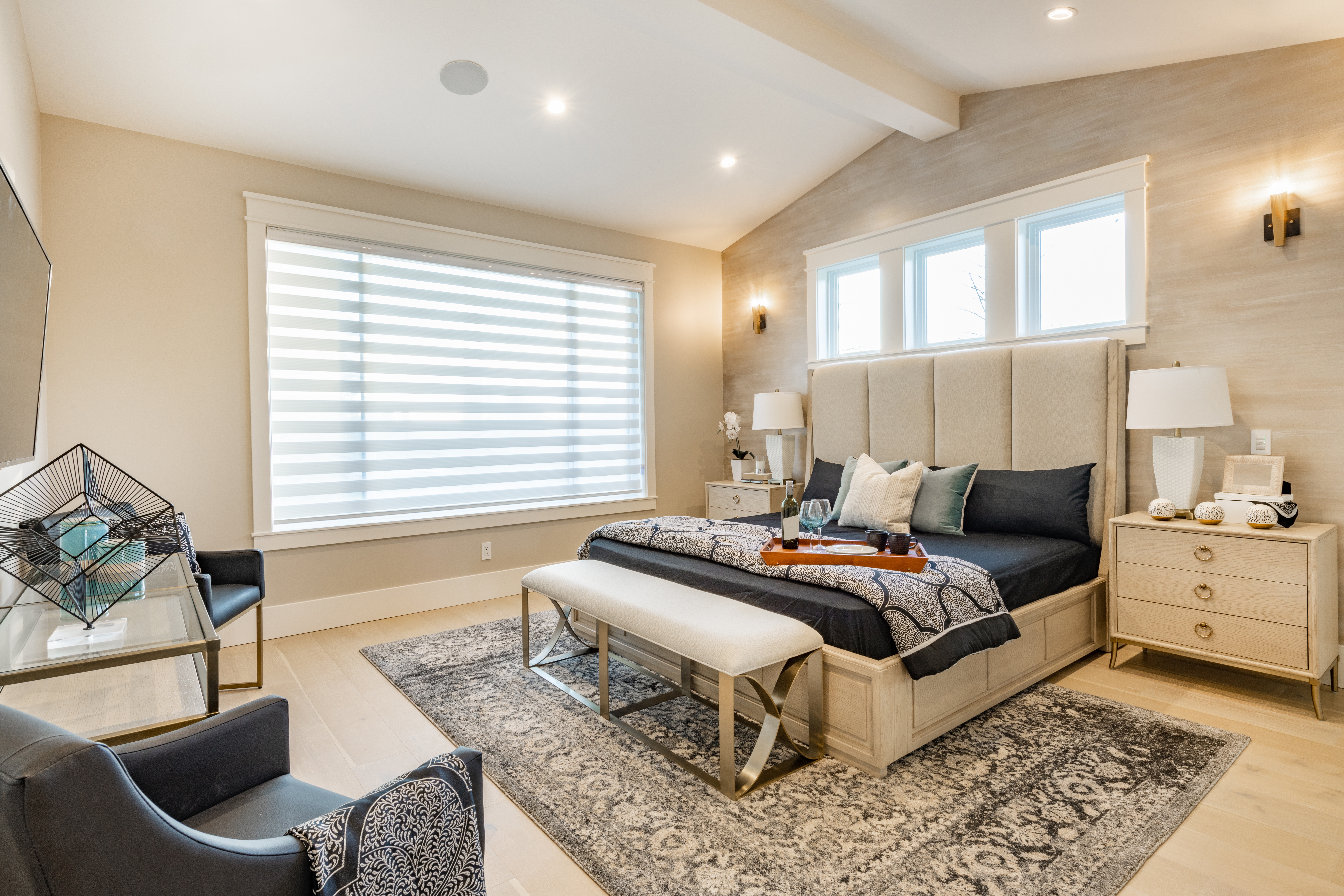
Are landlords required to provide window coverings?
15-04-2025 | Landlord and Tenant DisputesBeing a landlord may require you to provide certain things for your tenants, especially if you are renting out a semi-furnished or furnished property. The question of whether or not landlords are required to provide window coverings or window blinds often surfaces, too.
There isn’t a straightforward answer to this question either, and the answer would definitely depend on how you decide to let our property and what is written in your tenancy agreement.
Here, we’ll discuss your responsibility as a landlord regarding providing window coverings and blinds, including the different requirements for both furnished and unfurnished properties.

Are landlords required to provide window coverings or blinds for furnished properties?
Before we can answer this question, it is best to discuss the difference between a furnished and an unfurnished property because this will most likely determine whether you’ll need to provide window coverings or blinds.
Furnished vs unfurnished properties
If you decide that you want to rent out your property as furnished or part-furnished, it means that a tenant will be able to move into the property without needing any essential furniture or white goods (refrigerators, washing machines or an oven or hob).
Essentially, tenants moving into a furnished property will only need to bring their clothes and a few kitchen items if needed.
On the other hand, an unfurnished property is more of a blank canvas. Here, tenants will be responsible for bringing their own essential furniture or white goods with them when they move in. Tenants have more free rein on how they wish to style the property and can really make it their own.
So, what does this mean for landlords being required to provide window coverings or blinds? As mentioned above, if you’ve decided to provide a furnished property for your tenants, you’ll need to make sure that you’ve provided window covers and blinds.
What does the tenancy agreement say?
But, it is also important to take into account your tenancy agreement, as what is agreed here will be the most important deciding factor, regardless of whether or not your property is rented out as furnished or unfurnished.
All tenancy agreements are legally binding documents that outline the responsibilities of both landlords and tenants. Tenancy agreements should clearly state exactly what fixtures and fittings are included in the property, as this will also help to avoid any ambiguity, especially at the end of the tenancy.

Avoiding end-of-tenancy disputes
There may be disagreements about window coverings and blinds at the end of a tenancy if there is no specification on whether you, as a landlord, are required to provide window coverings or blinds. Also, if tenants are not aware of what is expected of them, they will be left unsure.
If your tenants are confident in knowing that you’ll be providing them with window covers or blinds, and that they need to look after them during the tenancy, there will be little-to-no room for confusion. Equally, tenants will know not to remove the window coverings or blinds at the end of a tenancy period.
Document everything
It is vital to document everything as a landlord, especially at the start of the tenancy and when the tenancy agreement is concluded. This way, when tenants are provided with an inventory, they’re also aware of what you’ll be looking to be in the property at the end of the tenancy agreement.
This also allows you to see how much fair wear and tear has taken place or if there is any damage to the property.
Review your listings and agreements
Before allowing tenants to lease your property, make sure that you take a look at what your tenancy agreements and listings say. As mentioned above, you’ll need to ensure that your property listings accurately reflect whether or not window coverings or blinds are provided.
Provide high-quality coverings
Providing your tenants with high-quality window coverings and blinds will automatically enhance the appeal of your property. You’ll also need to ensure that the window coverings and blinds meet safety standards, especially any cords that could pose a threat to younger children or pets.
So, while you’re generally expected to provide window coverings or blinds if you rent out a furnished property, the specifics of your tenancy agreement will be the deciding factor.
And, without getting caught up in whether landlords are required to provide window coverings or blinds, you’ll need to first ensure that you provide your tenants with what is legally required of you. Landlords are legally required to provide the following for their tenants, regardless of whether the property is being let as furnished or unfurnished:
- Smoke alarms
- Carbon monoxide detectors
- Light fittings
- Flooring
- Secure doors
- Heating that works
So, although you are not legally required to provide window coverings or blinds for your tenants, you need to ensure that you provide what is necessary for your tenants.

Also, clear communication, comprehensive documentation, and a proactive approach from you as a landlord will ensure that expectations are aligned and potential disputes are avoided, leading to a more harmonious rental experience for yourself and your tenants.
Make sure that you take care of your property by investing in landlord insurance. At CIA Landlords, we have the expertise to find the best landlord insurance deals that are suitable for your needs as a landlord. Contact us today at 01788 818 670 for a quote, and don’t forget to visit our resource centre for more information on how to be a successful landlord.
We won't be beaten on any like for like landlord insurance quote.
Get a quote